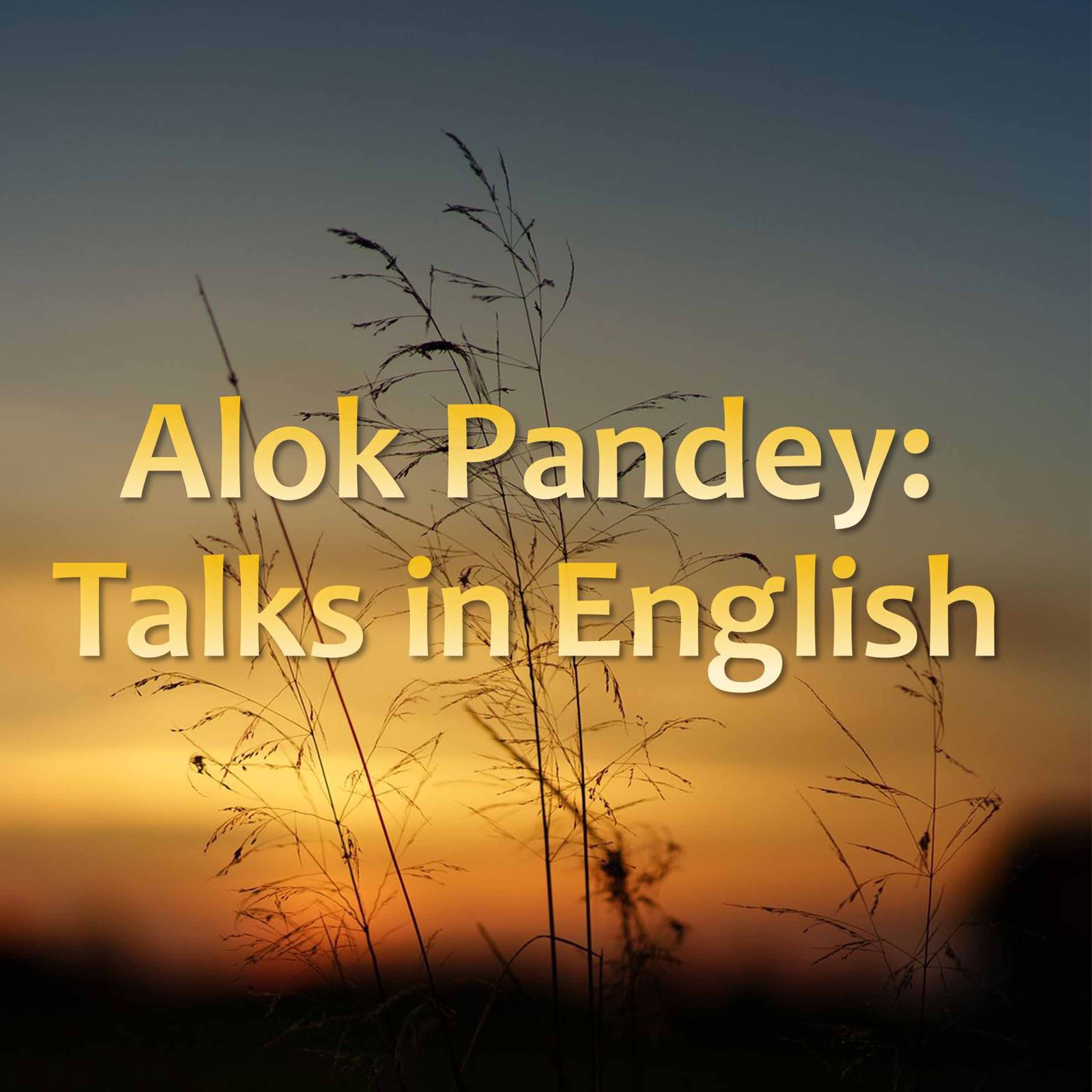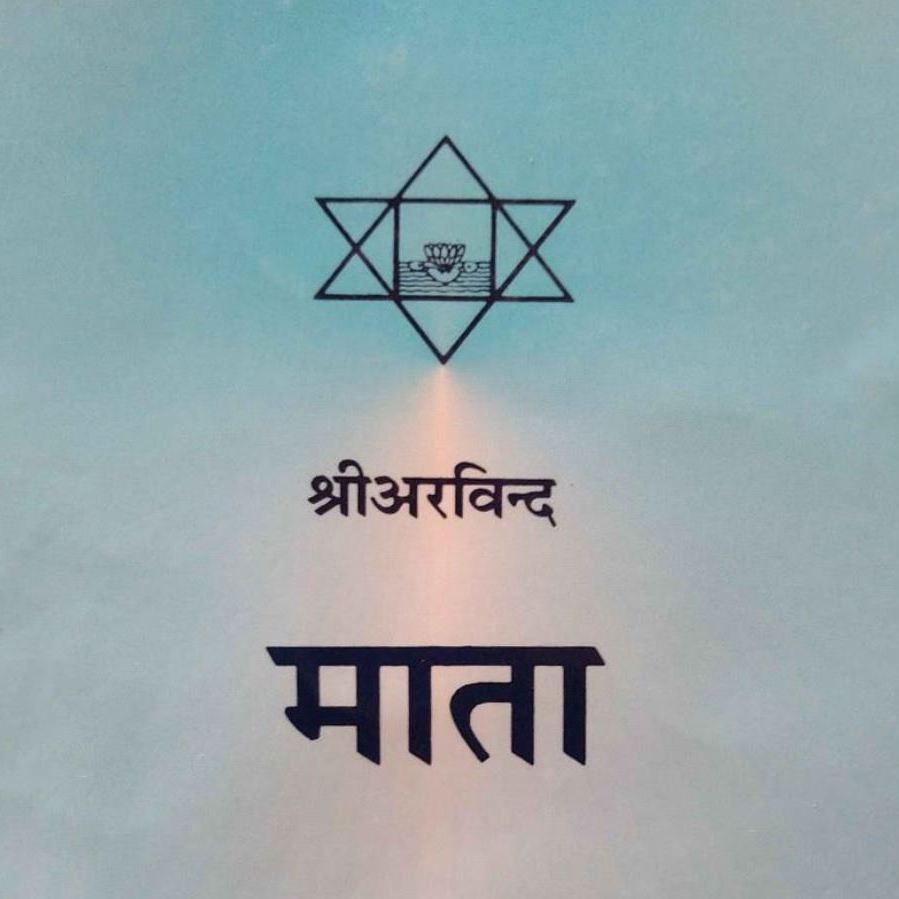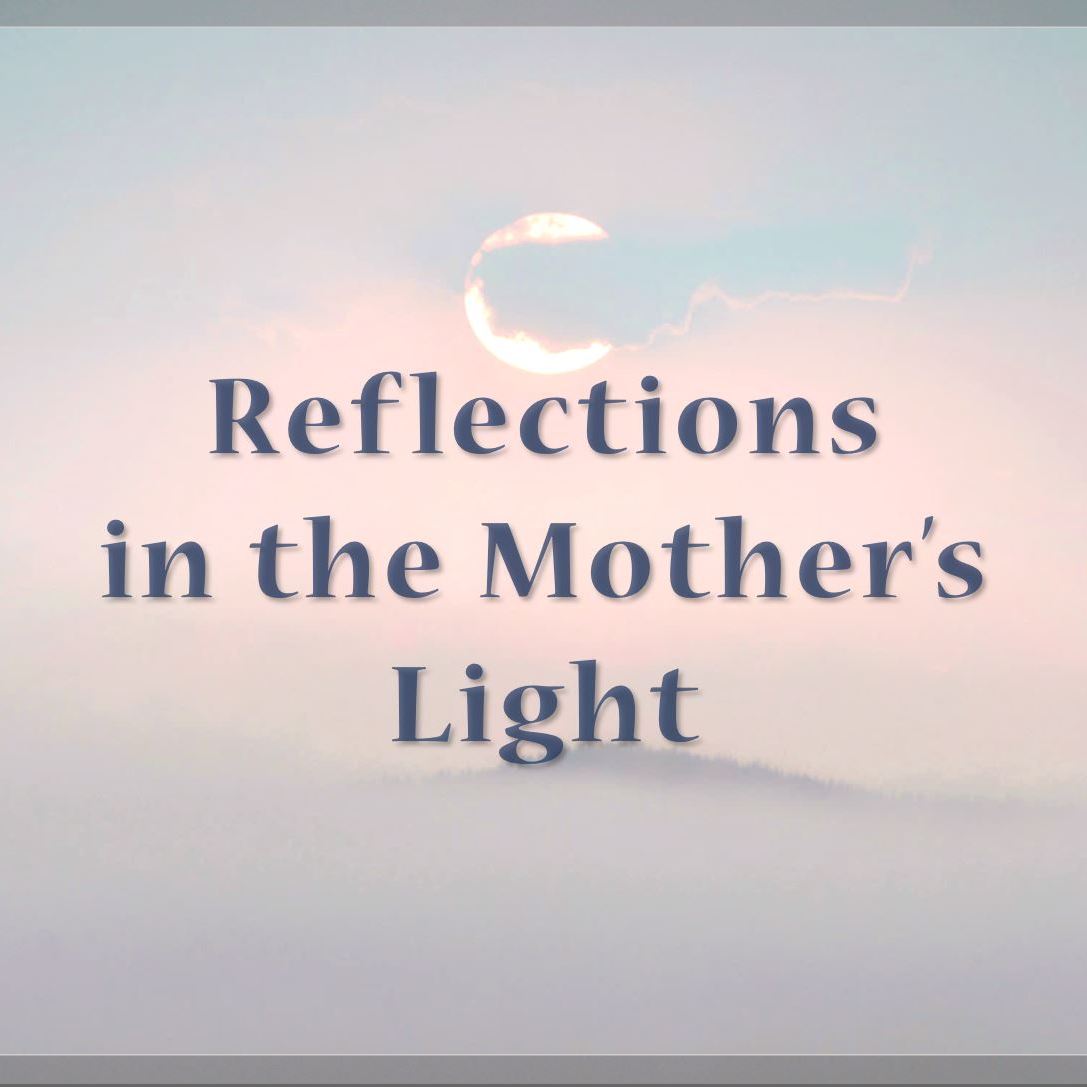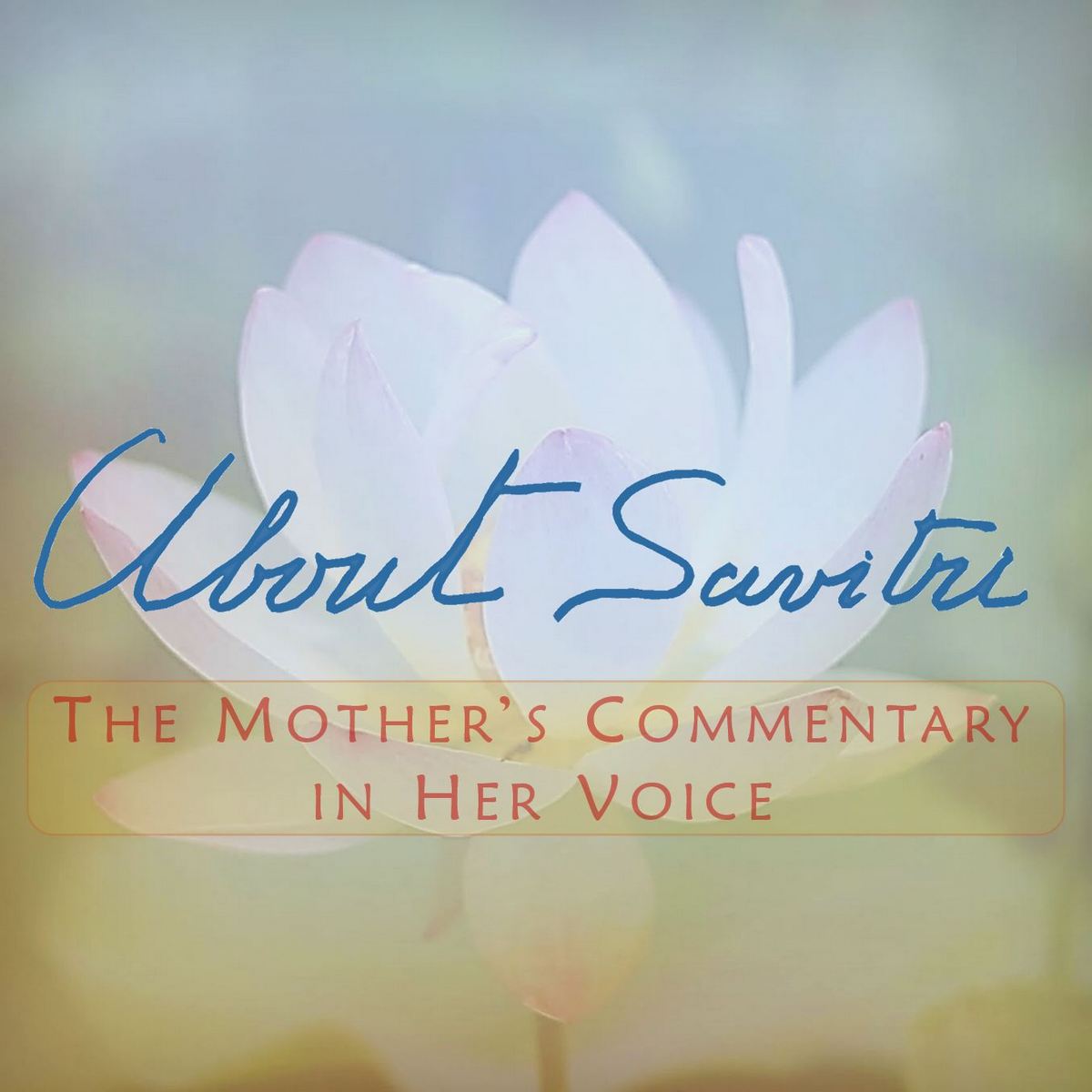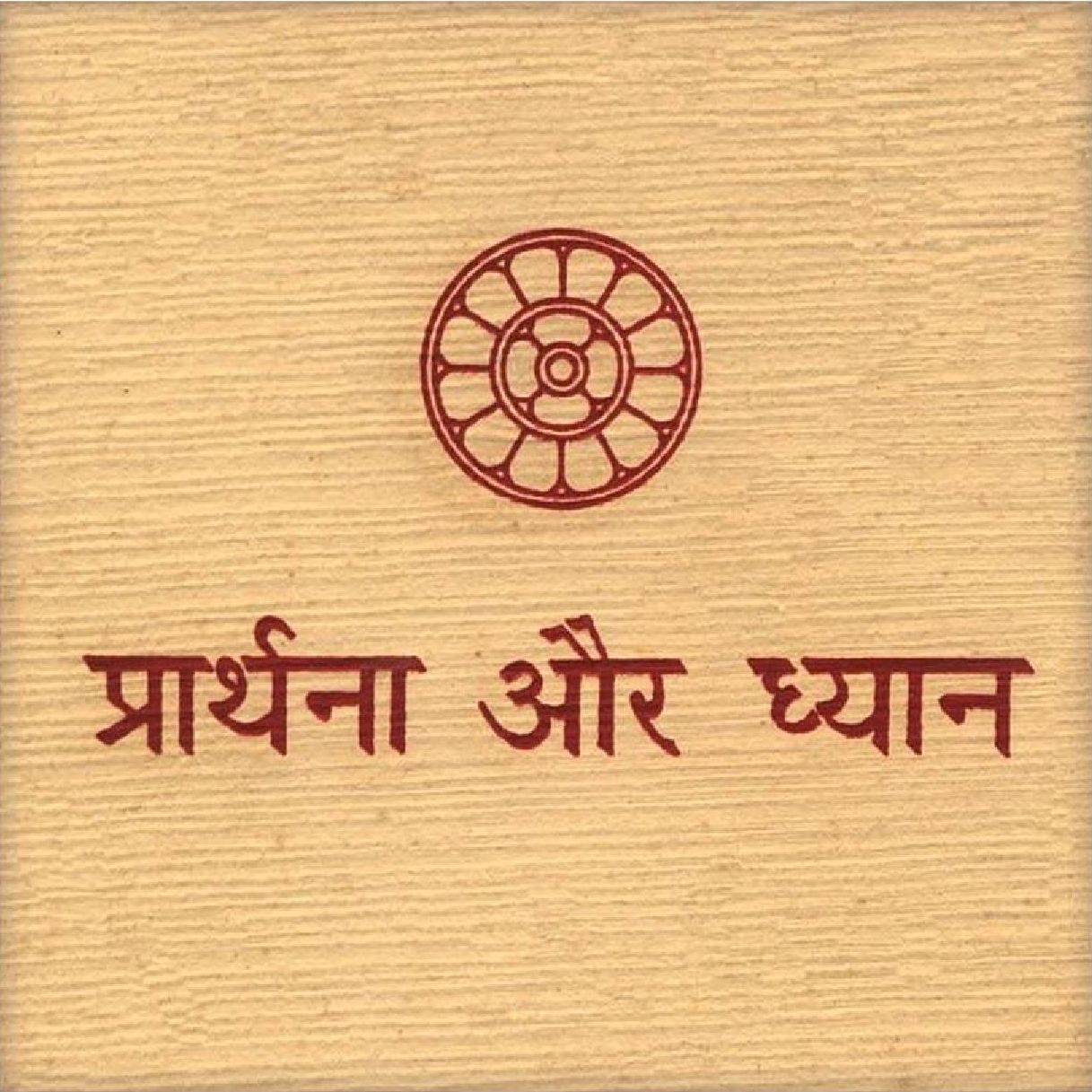Show Notes
The word Guru is a word familiar in the yogic traditions. Though now it is used to mean various different things and is also included in the standard English dictionaries, its original meaning is someone who dispels darkness and brings Light. However the importance of Guru in spiritual practice is immense to the extent that it is generally believed that Yoga cannot be practiced without a Guru. Quite naturally then a question arises as to the Guru in the Integral Yoga. Of course the catch here is that later traditions added the adjective ‘living’ before the word Guru. While one cannot deny the importance of a living Master, it would be paradoxical to say that the Guru is dead since by definition, a Guru is someone who has realized His identity with the Eternal and hence he is no more subject to Time and the laws of death. No doubt he too withdraws from his mortal body like everyone else but unlike other human beings, he is free to remain and act upon the world from other higher domains of existence or else to merge into the Infinite after handing over the charge of his disciples to another competent Master. In any case, he does not disappear from the scene following his ‘death’ which is more of a departure from the material world and its thick veils. The question has relevance in the context of Integral Yoga since there is no question of any successor here as in typical spiritual traditions. The sadhaka of the Integral Yoga, then and now and in the future, has to open and receive and rely and trust the leading of the Divine Mother. Today we share few among many writings and conversations of Sri Aurobindo and the Mother on this subject.

